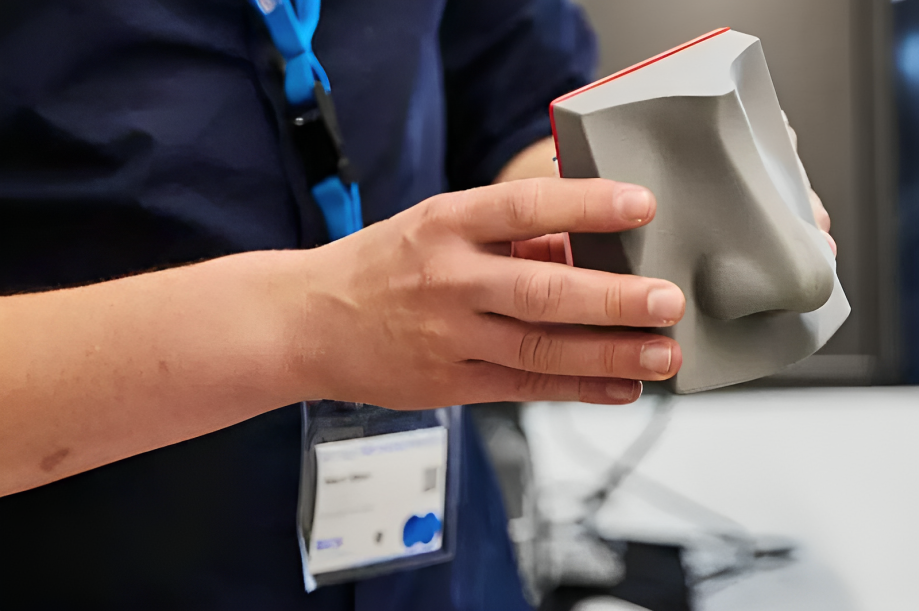Food poisoning remains a serious problem. 48 million people in the US get sick every year from a foodborne illness, while the UK records 2.4 million cases of food poisoning annually. The more the food market is being industrialised, the more will be the risk of pathogens.
The human nose has roughly 400 scent receptors that are said to be capable of detecting around 1 trillion different odours. Thanks to recent advances in AI, the latest electronic noses are quickly improving their levels of speed and accuracy.
AI-Powered Electronic Noses Can Be Used On Site
Proponents of e-noses believe they can transform food safety. Sensifi, an Israeli company which launched earlier this year, hopes it can transform the fight against infection in the food industry. These high-tech sensors can detect and report specific smells.
Salmonella and E. Coli – counted among the common types of potentially deadly foodborne bacteria – have their own electrical signal. Different strains of bacteria produce different electrical signal in the Sensifi machine.
Sensifi’s chief executive Modi Peled said in most cases food producers currently have to send samples off to a lab and then wait several days for the results to come back. But the company’s electronic noses, by contrast, can be used on site and are said to give results in less than 1 hour.
Keep Reading
“Will there be a profit margin? Experts Are Concerned
However, some AI experts say the creations are unlikely to see significant demand despite working well as food firms are likely to be put off by the expenses. “Will there be a profit margin?” noted Vincent Peters of US-based AI research firm Inheritance AI.
Meanwhile, Kjell Carlsson of San Francisco-based Domino Data Lab says the e-noses would need complicated fine tuning for each facility they were operating at. But such scepticism is not discouraging some entrepreneurs from venturing into uncharted waters.

